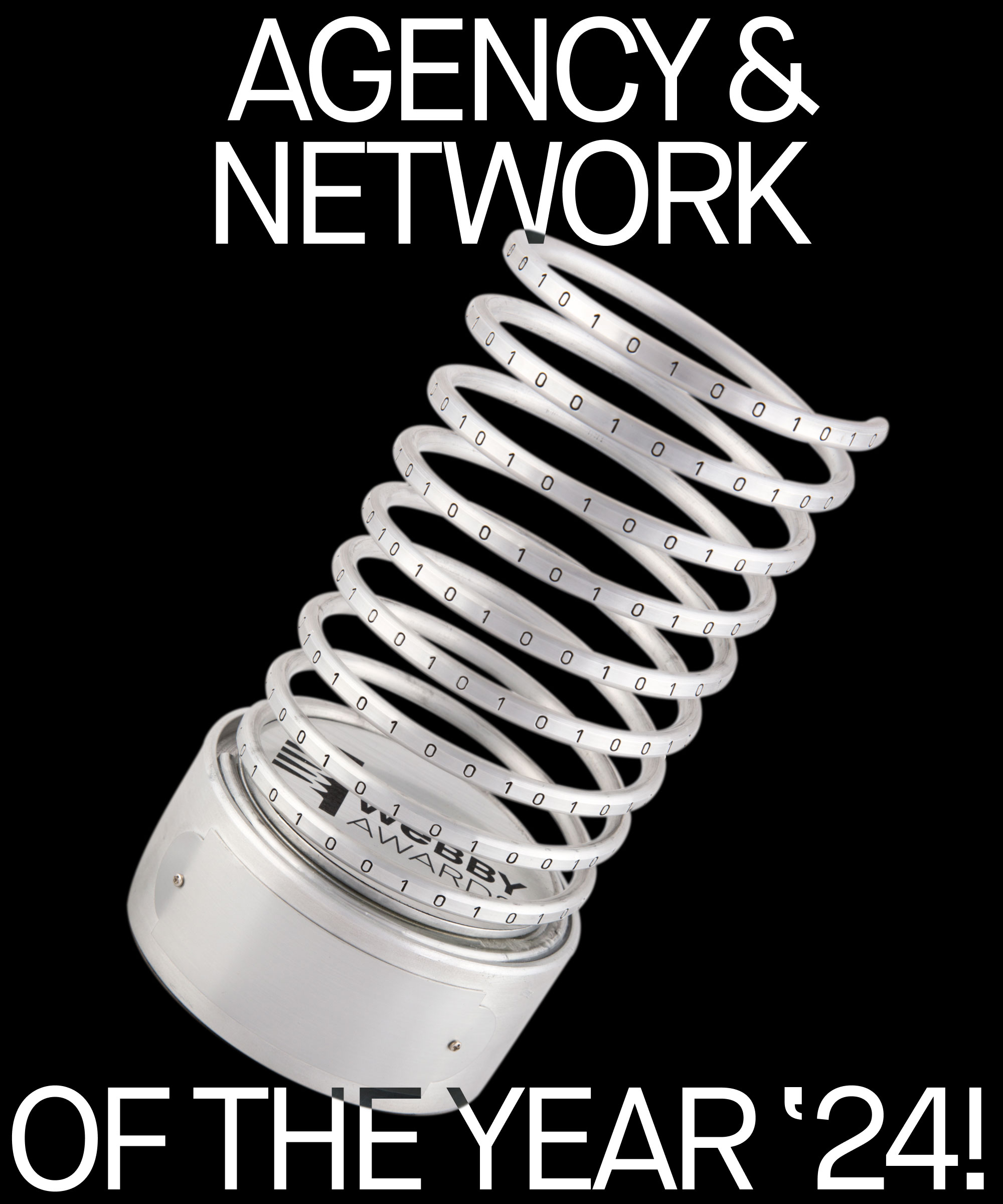
Becoming a ‘Good Company. We’ve all heard about it, most of us want it, but the question is: what does it mean, where do you start and how do you do it right?
The answer might be easier than you think: become a certified B Corp company. Uh, wait, B what? Never heard of this B term? Don’t worry, I’ll explain all about it below. But first, put on your Patagonia t-shirt, wear those Allbirds sneakers and get comfy with a bowl of Ben & Jerry’s. Yep, you guessed it, these are all B Corp brands. Now you’re ready to grow your positive impact.
First things first, let’s cover the what, why and when before we get into the how.
What: B Corp is short for B Corporation (you probably figured that one out by yourself), and certified B Corps are for-profit companies that use their business to create a more inclusive and sustainable economy. Brands like Patagonia, Allbirds and Ben & Jerrys are great examples, but also a lot of smaller brands and agencies are B Corp certified. They meet the highest verified standards of social and environmental performance, transparency, and accountability. Unlike traditional corporations, B Corps are legally required to consider the impact of their decisions on all stakeholders: customers, workers, communities, and the environment. It’s this legal accountability and the holistic approach that truly sets this certification apart from others. The certification is accredited by B Lab, the non-profit organisation behind the label. Today, there are more than 4,000 B Corps in 150 industries and 74 countries worldwide, and the total combined revenue of B Corps globally is more than $67 billion.
Why: There are many reasons why you should consider becoming a B Corp. Besides the obvious reasons – creating and supporting a better world and increasing your positive impact – it has many benefits for your business as well. People want to work for, buy from, and invest in businesses they believe in. B Corp Certification is a powerful way to build credibility, trust, and value for your business. Especially now, in times of uncertainty, social disruption and climate crisis, the demand for purpose-driven and value-based companies increases. The benefits hold true for both B2C and B2B businesses, as explained in this Vogue Business article about why more brands are pursuing B Corp certification.
When: This is an easy one: NOW. Ok, I’ll let you finish my story first, but seriously, start today, not tomorrow. Every small step in the right direction is a win! Plant the first seeds today, and positive change will follow. I promise.
Now, the million-dollar question: how to become a B Corp and where to start?
Getting from A to B Corp
If you want to go fast, go alone. If you want to go far, go together.
Accelerate your impact
It’s been more than a year since we’ve started to plant the first seeds of the B Corp journey at DEPT®. Looking back, there are a few things that really helped to get this project off the ground:
- Get management support. If you really want to make a difference, make sure the management team is behind you. Present to them why it’s important for their business, and get someone from the board to be the executive sponsor for the project. You will need it, believe me. There are many board-level decisions involved in the process, and it will make your life so much easier, and the project progress so much quicker, if you have a board member closely involved.
- Form a B Team. This also depends on the size of your company, but as there are many different topics covered in the BIA, you need people from different departments within your organisation. If you’re a larger company, there’s no way you can do this by yourself. We have a B Team of around 40 people working on it, besides their regular job. For each pillar (governance, workers, community, environment and customers) we have a team captain and a team. This structure helps in pushing improvement projects and initiatives forward, having a global focus and keeping our people up to date to involve them in our journey. If you’re committed to get certified, it’s smart to appoint one person to be the ‘B Leader’. B Lab offers a practical, 4 morning B leader course, which will help you along the way.
- Define an impact strategy. It’s important to realise that becoming B Corp is not the goal. It’s not something you become and then you’re done. It’s a result of your impact journey. A journey that will lead your company towards more impactful business. You will need a roadmap, and perhaps a guide that will lead you in the right direction. We have had the pleasure of working together with Rainbow Collection, a creative agency for impact strategy, who guided us through the first months of our B Corp adventure. Our impact strategy allowed us to make fast and focused decisions when going through the process and deciding on what impact improvements to prioritise. So, think about what you need to align your roadmap, your impact mission and vision, and find your company’s purpose! Having a clear strategy will help to focus on things that are important for your company, which in turn will maximize your positive impact while being authentic along the way.
What’s next?
B Corp Certification. As explained before, assessing and managing your impact with the BIA is one thing, but actually committing to get certified is a next step. This means that you will need to have a certain level of social and environmental performance, as well as commit to the legal requirements. Once you’ve reached the 80 point threshold and you’re ready to commit, it’s time to reach out to B Lab, the non-profit organization behind all things related to B Corp. Your assessment is reviewed by B Lab’s independent Standards Advisory Council, and believe me, they are as strict as that high school teacher you hated, but that’s what makes them legit and credible. While in the verification phase, you need to show evidence and proof documentation. When verified, you sign the Declaration of Interdependence, you pay the yearly fee and you’re officially a B Corp. Keep in mind that the certification process is an extensive process, and it takes most large companies at least 1 to 2 years to complete. The most important thing to remember is that it’s a continuous process of improving and growing your positive impact, which doesn’t stop when certified. Besides the fact that you need to recertify every 3 years, you WANT to keep on improving and increasing your impact, as it makes your company better in the long run.
Becoming part of the Community. The fun part! The certification process itself can be a little, well, challenging. But, actually launching projects to improve your impact and becoming part of a community with like-minded people full of positivity and smart ideas is extremely valuable and fun! It will get the creative juices flowing, it will inspire you to think outside the box and it will most likely bring you new customers, clients, partners and people! So, what are you waiting for?
My last advice: don’t underestimate the power of baby steps. The process might feel overwhelming to you now, but you don’t need to go for 80 points right away. Starting your impact journey and going through the process will already accelerate positive change! Make sure you have a clear purpose in mind, and just go for it.
Although we are not B Corp yet, we’re well on our way and happy to answer any questions you might have on this topic. For some concrete examples on how we are creating, and improving our positive impact, check out our Impact Report, and Good Company page.
And most importantly, start your own journey today!
P.S. Don’t forget to enjoy the ride ?





